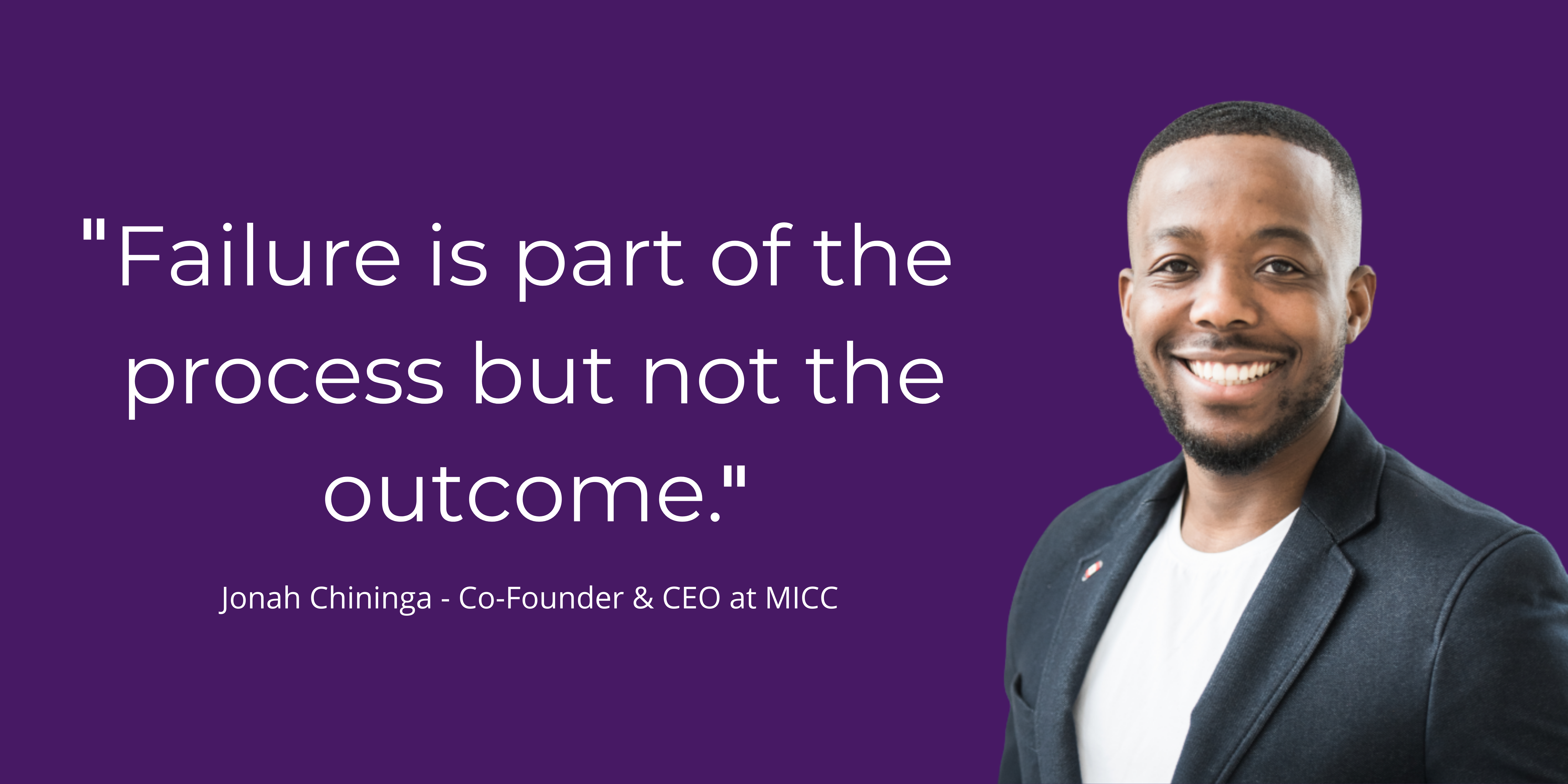Tell us about your startup and what inspired you to start it.
MICC is a social group lending platform that allows friends and family to pool funds, access interest-free loans, and build credit history. My inspiration to start MICC was because of my (and my co-founders’) lived experiences as new immigrants in Canada. Not having a credit history affected my access to services and delayed my financial plans. The only options available were very costly. I realized this was a common problem for many Canadians accessing financial products and essential services such as suitable housing, insurance, and starting businesses. I have always imagined a world with a decentralized micro-credit model where people can meet their short-term needs by leveraging their funds and using formal credit to build assets, not liabilities. Canadians are asset poor, and I always wondered why people save with financial institutions they can’t borrow from while the same institutions use their money to generate interest revenue and get nothing in return. This inspired us to bring this credit model to the market to reduce the cost of borrowing (interest-free) and encourage better financial behaviors.
What drew you to entrepreneurship?
My experiences working for large corporations and not having the creative freedom to make a difference. I felt unsatisfied and bored with doing the same thing over and over again. I wasn’t working on solutions that gave me a sense of purpose and started attending conferences with the United Nations, World Bank, and more. That inspired me to venture into the business. I also came from an entrepreneurial family and business background. I grew up observing how to run a business and experienced the impacts of a business cycle, ups, and downs.
What energizes you to pursue your startup even when things aren’t going as planned?
It’s my passion to see underserved communities thrive and succeed. There’s nothing more important to me than economic development. I feel a sense of purpose and satisfaction in helping others achieve financial success. On the other side, it’s the potential upside of starting a successful startup, building connections and networks with brilliant minds, wealth accumulation, having to control my time, and giving back to the causes that are close to my heart through mentorship and resource allocation.
What book(s) or movie(s) do you highly recommend? Why?
Book | The Psychology of Money:
It talks about luck & risk as to the reality of every outcome in life, guided by forces other than individual effort. They both happen because the world is too complex to allow 100% of your actions to dictate 100% of your outcomes. It also highlights the importance of financial behavior over financial knowledge – “Doing well with money has a little to do with how smart you are and a lot to do with how you behave. And behavior is hard to teach, even to really smart people”.
Show | Silicon Valley:
As a founder, it’s so relatable, funny, and educational. I can see my struggles in the show, and it gives me ease knowing that other people are going through or have been through the same experience and succeeded.
Movie | Pursuit of Happiness:
It’s my go-to movie for constant reminders about persistence, passion (finding my why), and hard work. Always have an emotional rollercoaster watching this one.
What is the best career advice you’ve received?
For me, it’s this quote – “Most people overestimate what they can do in one year and underestimate what they can do in ten years.”
How do you interpret your success? Your failures?
Success is being part of something bigger than myself and having control over my time to do what I love. Failure is part of the process but not the outcome. I’m passionate about what I do and have a long-term view on how to get there.
What advice would you give to someone who is thinking about starting their own startup? Why?
Still figuring it out but just start, start now and be a fast learner.
Where do you see the biggest opportunities and/or challenges for fintech in 2022 and beyond?
I see the biggest opportunities right now being in decentralized finance, digital wallets, credit as a service, and financial super apps. The biggest challenges facing innovation are the unfavorable regulatory environment and the difficulty in getting banking partnerships.
What is one thing you’ve learned so far or taken away since joining IFH Lab?
The power of mentorship and clarity of purpose has been my biggest lesson so far. Leveraging other people’s experiences helped us make better-informed decisions.

More on MICC:
Website | Linkedin | Twitter
Connect with Jonah directly here.



